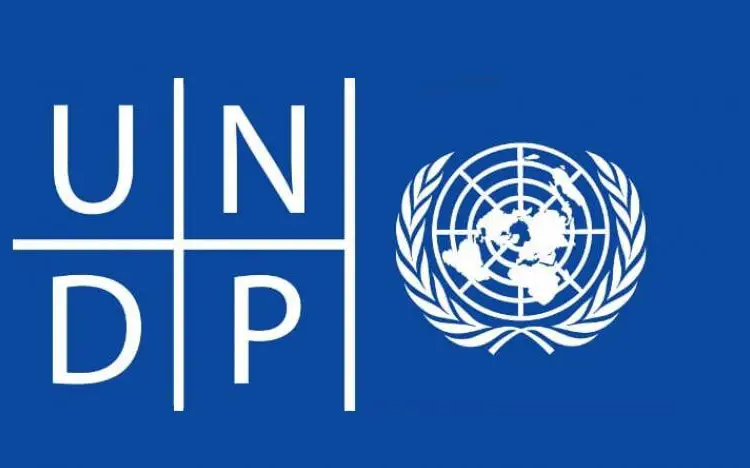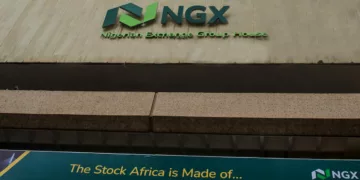The United Nations Development Programme (UNDP), through the International Trade Facilitators Association in Nigeria, has said that about 470 Micro, Small, and Medium-Scale Enterprises (MSMEs) across the country will benefit from the Global Environment Facility Small Grants Programme (GEF-SGP) to boost environmental and business sustainability.
Speaking at the commencement of a two-day training programme for beneficiaries from the northwestern region, the Trade Ambassador, International Trade Facilitators Association (ITFA), Collins Ezeiruaku, highlighted that the programme had been implemented under the Support to Potential and Existing Nature Positive MSMEs (SPENM) project.
According to him, the project targets Non-governmental Organisations(NGO) and Community-Based Organisations(CBOs) that design local solutions to issues, especially those related to the environment caused by climate change.
He said, “A lot of NGOs are doing impactful things, and once they don’t have funding or grants, they fold up. The GEF came up to support these potential MSMEs so that they can sustain their programmes beyond the grant funding period.
“We are partnering with the federal and state governments in this regard. We are working with the State Committees on Export Promotion, and every state, based on the federal programme- One state, One Product, each state has one product that they have a comparative advantage in producing,” he noted.
He explained that the organisation was out to support them with resources and tools to grow and live beyond those who initiated the idea.
While noting that the SPENM project was centered on people, planet and profit, he added that, the project availed beneficiaries an opportunity of profitability, accessing local and international markets and moving towards international certification for international competitiveness and relevance in the value chain.
In her remarks, programme support to the National coordinator, UNDP GEF-SGP, Rose Agbo, said the programme was all about promoting the need for sustainability to nature-positive solutions.
“We are evolving the strategy to see how we can blend revenue generation with conservation efforts and environmental protection because most of our CSOs are donor-focused focus which depend on a definite grant cycle, but we want to discourage that and see how the impact can be sustained for many years to come; infusing profit making skills,” she stated.
In his opening remarks, Malam Sidi said the workshop provided an avenue for beneficiaries to transform and grow into thriving, self-sustaining social enterprises.
He said they would be equipped with models that could be used to generate profit while addressing critical environmental and social challenges.






